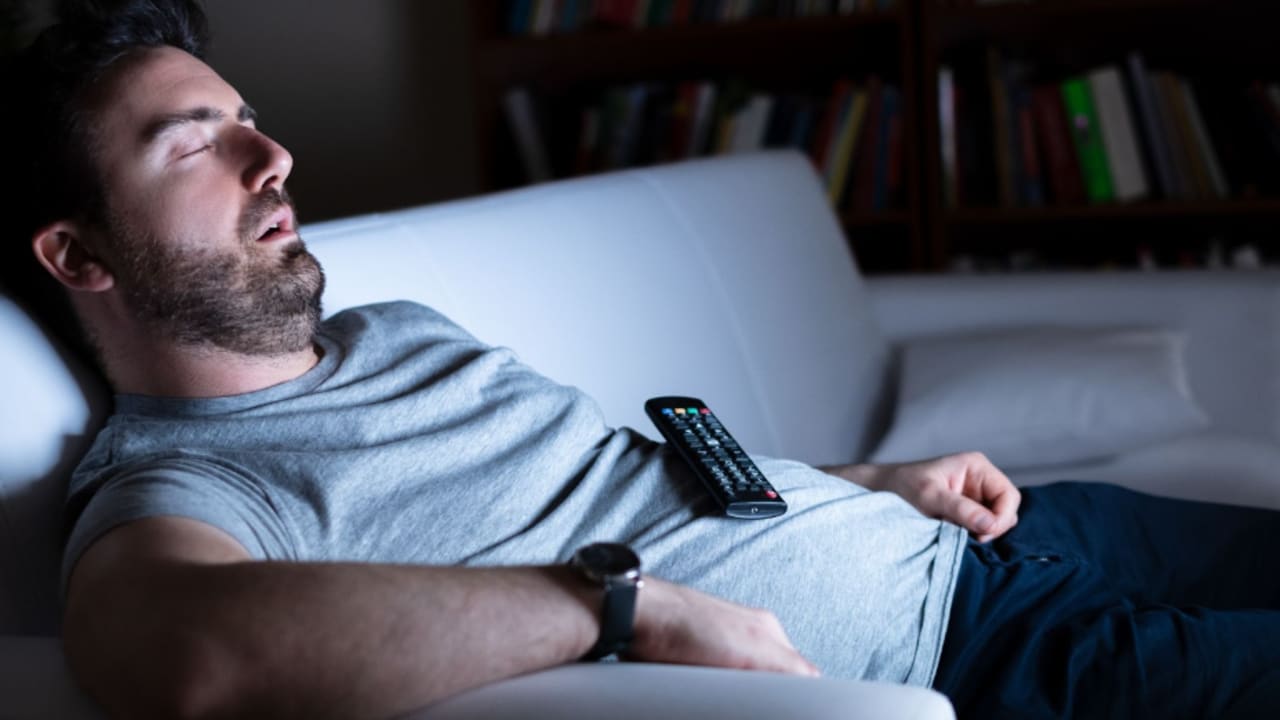Sleeping with the television on may be more detrimental to health than previously understood. Television emits a combination of lights and sounds during sleep that affects sleep cycles, leading to alterations in normal patterns. Falling asleep with the television on is a very common habit among people. However, several scientific and psychological studies warn that the practice can have negative effects on health. Continuous exposure to the light and sound of the television during sleep not only alters sleep quality but also impacts physical and emotional well-being. Artificial light, whether it comes from the television, a dim lamp, or hallway lighting, has a profound impact on the body’s biological clock. This can generate stress in the cardiovascular system, as the body’s natural processes are disrupted. During rest, the body is responsible for regulating vital functions such as blood pressure, heart rate, and blood circulation. When these processes are interrupted by the presence of artificial light and sound, it can provoke damage to both physical and mental health. Even everyday actions, such as turning on the light for a few minutes to go to the bathroom, can affect sleep quality and have negative consequences for sleep. Many people leave a dim lamp or hallway light on, believing it is less harmful, but it can still disrupt sleep. The accumulated effect of these practices can lead to chronic sleep disturbances and associated health issues.
Thank you for reading this post, don't forget to subscribe!
Saturday, October 11, 2025


